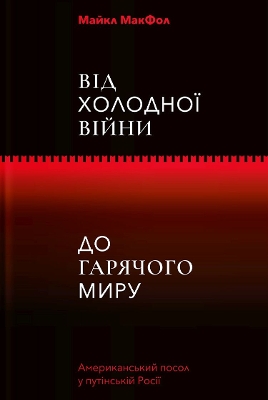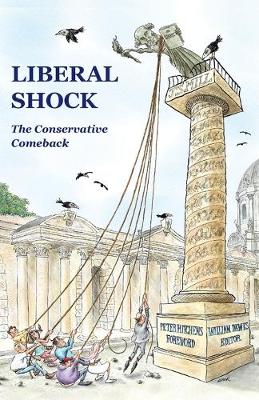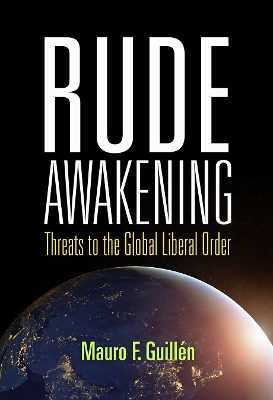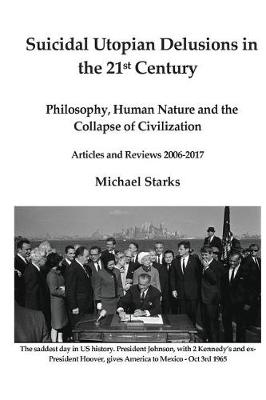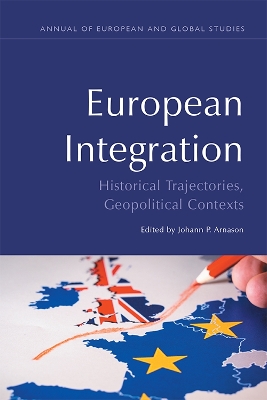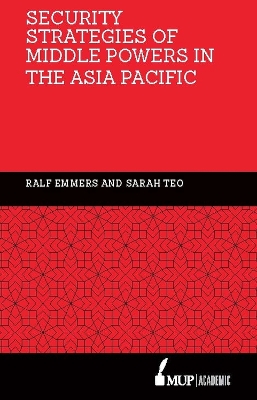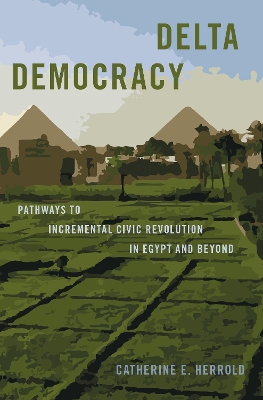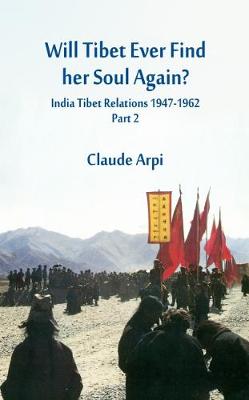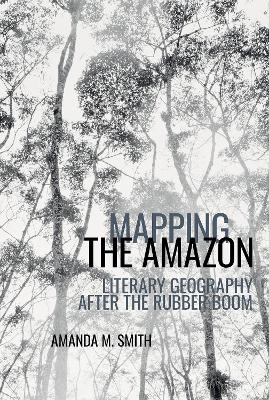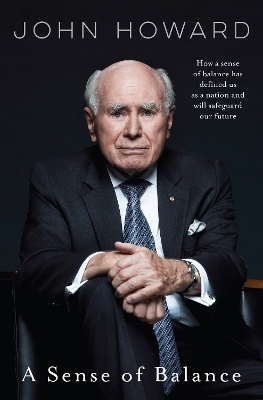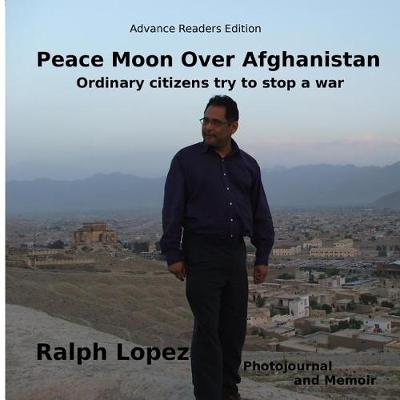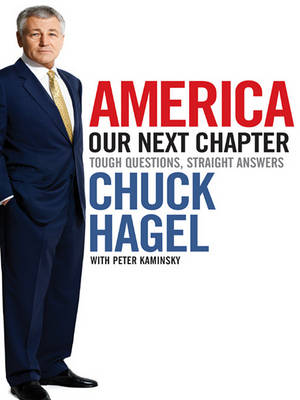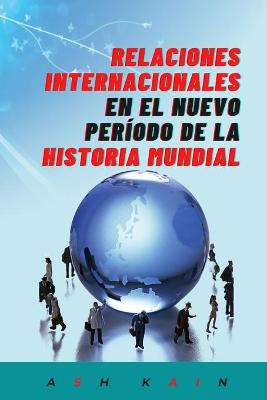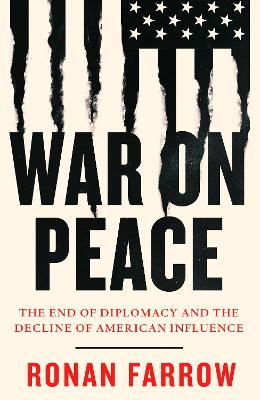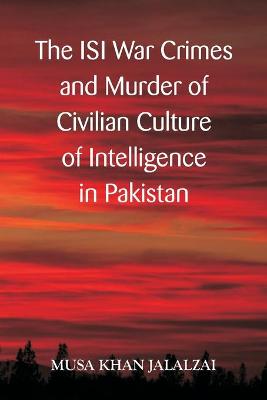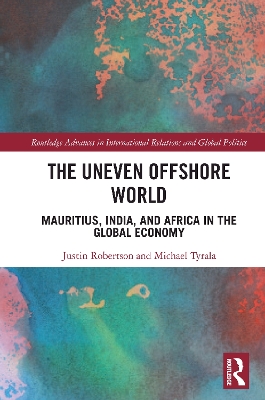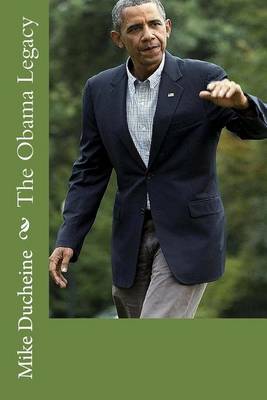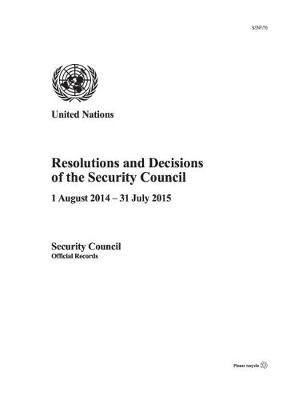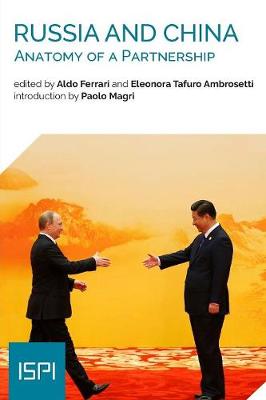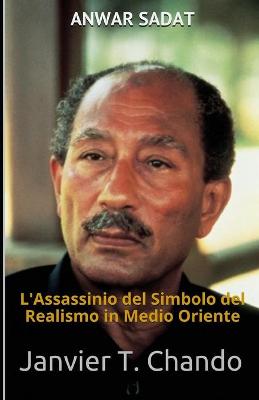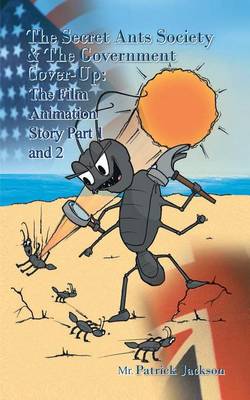In the wake of World War II, a number of institutions designed to promote a liberal global economic and geopolitical order were established—the International Monetary Fund, the General Agreement on Tariffs and Trade (forerunner of the World Trade Organization), and the World Bank in the economic sphere, and the United Nations in the geopolitical realm. Although these organizations were far from perfect, their actions promoted rising living standards and political freedoms for all. Liberalism thu...
To understand the current difficulties and future prospects of European integration, multiple perspectives are required. The essays in this collection explore historical and geopolitical aspects of European integration and their relevance to interpretations of the current climate. They also examine the different regional dynamics of integration and the attitudes that result from those experiences, including those in European peripheries which are so often overshadowed by the dominant centres. In...
Security Strategies of Middle Powers in the Asia Pacific
by Ralf Emmers and Sarah Teo
The 2011 Arab Spring protests seemed to mark a turning point in Middle East politics, away from authoritarianism and toward democracy. Within a few years, however, most observers saw the protests as a failure given the outbreak of civil wars and re-emergence of authoritarian strongmen in countries like Egypt. But in Delta Democracy, Catherine E. Herrold argues that we should not overlook the ongoing mobilization taking place in grassroots civil society. Drawing upon ethnographic research on Egyp...
Will Tibet Ever Find Her Soul Again? (India Tibet Relations 1947-1962)
by Claude Arpi
The second volume of the India Tibet Relations (1947-1962) begins soon after signature of 17-Point Agreement in May 1951. During the years under study (1951-54), the position of India on the Roof of the World changed drastically. This volume shall go in depth into the slow deterioration of the age-old Indo-Tibet relations, gradually being replaced by a cruder relation with the new occupiers of Tibet. The Indian officials posted in Lhasa, Gyantse, Yatung or Gartok were the first to realize the...
Mapping the Amazon (American Tropics: Towards a Literary Geography, #8)
by Amanda M. Smith
An analysis of the political and ecological consequences of charting the Amazon River basin in narrative fiction, Mapping the Amazon examines how widely read novels from twentieth-century South America attempted to map the region for readers. Authors such as Jose Eustasio Rivera, Romulo Gallegos, Mario Vargas Llosa, Cesar Calvo, Marcio Souza, and Mario de Andrade travelled to the Amazonian regions of their respective countries and encountered firsthand a forest divided and despoiled by the spat...
On how our sense of balance has defined us as a nation and will safeguard our future. In the years that John Howard served in the national parliament he came to understand the special character of Australia; to appreciate its strengths and weaknesses; and most importantly to respect the sense of balance in the formulation of public policy that has long defined us as a nation and made Australia an attractive destination for people from across the world. In this book he explores this balance, its...
Shares plain-spoken opinions about the current state of American politics, discussing how the nation reached its present circumstances and what the author believes can be done to correct specific moral and economic problems.
Relaciones Internacionales En El Nuevo Periodo de la Historia Mundial
by Ash Kain
A book for anyone interested to know more about how the world really works by Pulitzer Prize-winning journalist Ronan Farrow. 'This is one of the most important books of our time.' Walter Isaacson 'A masterpiece' Dan Simpson, Post-Gazette THE NEW YORK TIMES #3 BESTSELLER US foreign policy is undergoing a dire transformation, forever changing America's place in the world. Institutions of diplomacy and development are bleeding out af...
The ISI War Crimes and Murder of Civilian Culture of Intelligence in Pakistan
by Musa Khan Jalazai
The Uneven Offshore World (Routledge Advances in International Relations and Global Politics)
by Justin Robertson and Michael Tyrala
Informed by world-systems analysis, this book examines the shifting patterns of accommodation and resistance to the offshore world, with a particular focus on Mauritius as a critical but underappreciated offshore node mediating foreign investment into India and Africa. Drawing on a large pool of financial data and elite interviews, the authors present the first detailed comparative study of the Mauritius–India and Mauritius–Africa offshore relationships. These relationships serve as indicative t...
Resolutions and decisions of the Security Council (Official records, year 70)
Official documents of Resolutions and Decisions of the Security Council, 2014-2015.
Russia and China (Ispi Publications)
by Aldo Ferrari and Eleonora Tafuro Ambrosetti
While the ?decline of the West? is now almost taken for granted, China?s impressive economic performance and the political influence of an assertive Russia in the international arena are combining to make Eurasia a key hub of political and economic power. That, certainly, is the story which Beijing and Moscow have been telling for years. Are the times ripe for a ?Eurasian world order?? What exactly does the supposed Sino-Russian challenge to the liberal world entail? Are the two countries? worse...
An Analysis of the Socio-Economic Impacts of the Syrian Refugee Crisis on Turkey
by Fatma Nur Yavuz
The Secret Ants Society and the Government Cover-Up
by MR Patrick Jackson
